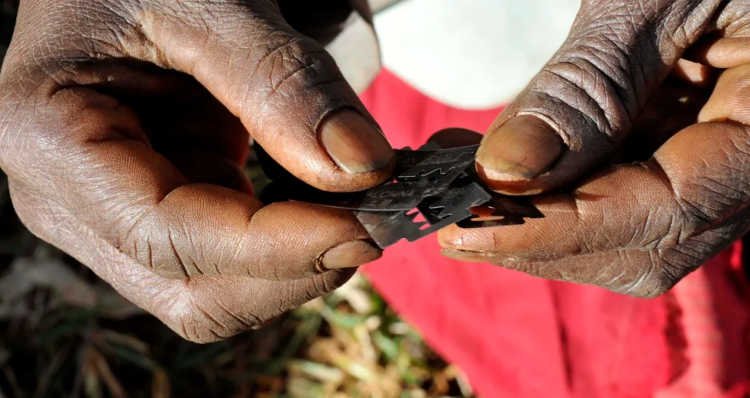Lawmakers in The Gambia need to do more to protect women’s rights, amidst a move to lift the ban on female genital mutilation (FGM) in the country.
Development Diaries reports that the harmful practice of FGM, which was banned in 2015, could resurface after Almammeh Gibba, a lawmaker, presented a bill in support of the practice.
FGM comprises all procedures that involve partial or total removal of the external female genitalia, or other injury to the female genital organs for non-medical reasons.
The practice has no health benefits for girls and women and causes severe bleeding, problems urinating, and later cysts and infections, as well as complications in childbirth and an increased risk of newborn deaths.
About 73 percent of women and girls in the country, aged 15 to 49, have been subjected to this illegal practice.
Earlier, we reported that religious and political leaders have begun advocating for the decriminalisation of FGM, including regressive statements in the national parliament calling for the law to be repealed.
In 2023, Islamic clerics helped pay the fines of three women who were convicted of carrying out FGM on young girls after they were convicted by the Kaur/Kuntaur Magistrates’ court.
While this year’s theme for International Women’s Day remains ‘Investing in Women: Accelerating Progress’, the fight for the rights of women and girls in The Gambia could regress if the ban on FGM is lifted.
Development Diaries calls on The Gambia National Assembly to protect women and girls by rejecting the proposed anti-women and girls bill.
Photo source: The Voice







